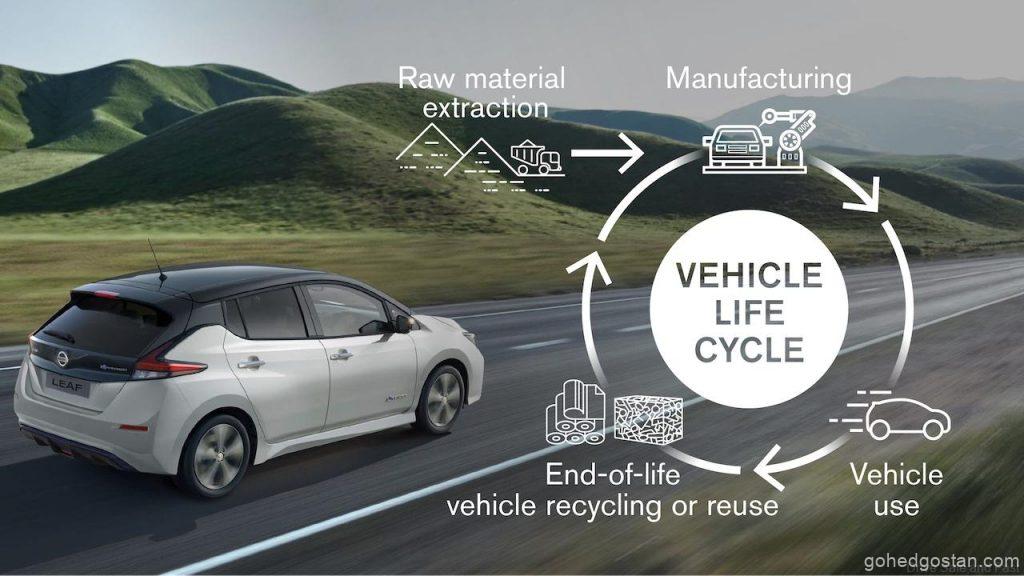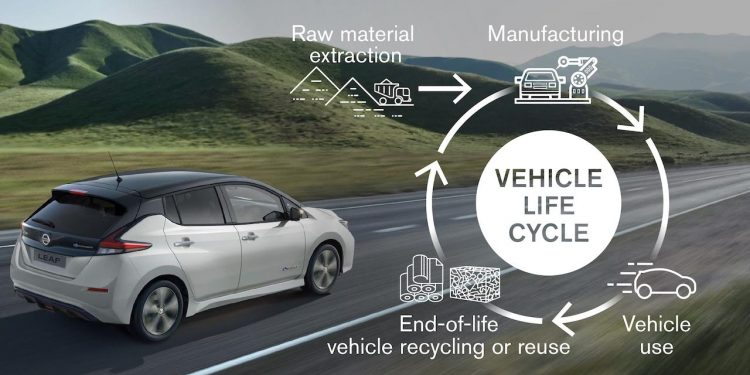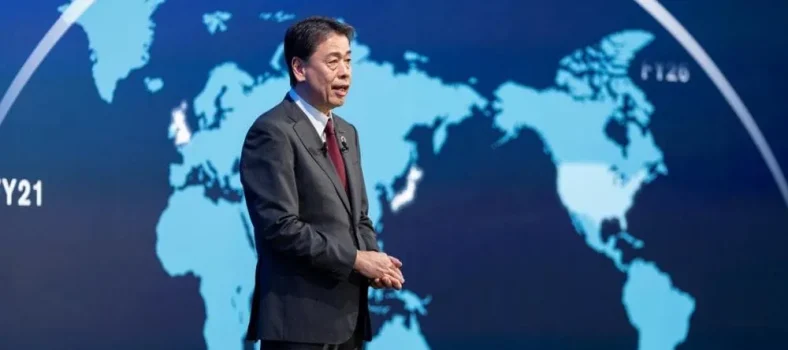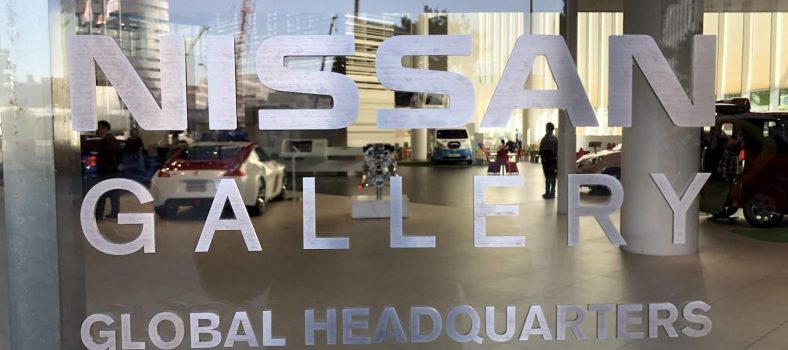Nissan Berkomitmen Untuk Seluruh Syarikat Bebas Karbon Menjelang 2050
Nissan juga akan menawarkan tenaga elektrik kepada semua model menjelang 2030 dengan komitmen Carbon Neutral.
Iklim dengan cepat merosot dan syarikat automotif tidak lagi boleh lari dari peranan yang mereka mainkan dalam hal ini. Banyak jenama kereta premium utama telah berkomitmen untuk mencapai gol persekitaran yang dapat diukur, dan kini Nissan turut bergabung. Tujuan mereka adalah menjadi syarikat bebas karbon pada tahun 2050.

Untuk mencapai matlamat ini, Nissan akan melakukan beberapa perancangan. Ini termasuk bekerja ke arah bateri solid-state untuk EV yang lebih kompetitif dari segi kos, mengembangkan lagi tenaga elektrik e-POWER untuk kecekapan yang lebih baik, bekerjasama dengan sektor tenaga untuk menguraikan grid kuasa (menjadikan grid lebih hijau), dan meningkatkan produktiviti dan kecekapan dalam pengeluaran.

Nissan telah lama menjadi penyokong untuk bergerak ke arah yang betul berkaitan dengan iklim. Mereka adalah salah satu pengeluar mass-market pertama yang memasarkan kenderaan elektrik 100%* jarak berpatutan dengan LEAF. Model itu bertahan hingga ke hari ini dengan generasi kedua.

Syarikat itu mengatakan bahawa pada awal dekad berikutnya, setiap kereta yang mereka jual akan dijana elektrik. Ini mungkin bermaksud persediaan yang lebih asas seperti hibrid ringan gaya S-Hybrid atau motor E-POWER yang lebih elektrik pada kenderaan seharian mereka.
*Mitsubishi mungkin lebih awal daripada Nissan dengan i-MIEV mereka, tetapi model itu tidak begitu praktikal atau berjaya.
Ini siaran media Nissa dengan lebih maklumat.
PRESS RELEASE
Nissan Motor Co., Ltd. has set the goal to achieve carbon neutrality across the company’s operations and the life cycle of its products by 2050. As part of this effort, by the early 2030s every all-new Nissan vehicle offering in key markets will be electrified.
Nissan will pursue further innovations in electrification and manufacturing technology to make progress on the company’s carbon neutrality goal in the following strategic areas:
- Battery innovations including solid-state and related technologies to develop cost-competitive and more efficient electric vehicles;
- Further development of Nissan’s e-POWER electrified powertrains to achieve greater energy efficiency;
- Development of a battery ecosystem to support decentralized, onsite power generation for buildings with renewable energy sources. Nissan anticipates increased collaboration with the energy sector to support the decarbonization of power grids;
- Manufacturing process innovations to support higher productivity in vehicle assembly, starting with the Nissan Intelligent Factory initiative. The company will also strive for greater energy and material efficiencies to support longer-term carbon neutrality ambitions.
Nissan’s goal builds on its decades-long programs to reduce emissions and provide electric vehicle technologies that benefit the environment and society. The company’s electrification and emissions reduction efforts support the aims of the U.N. Paris Agreement on climate change and global progress toward carbon neutrality by 2050.
Nissan’s ambition also expands upon past initiatives under the Nissan Green Program and the company’s ongoing work to minimize the carbon footprint of its products and operations. The company introduced the world’s first mass-market electric car, the Nissan LEAF, and has sold more than 500,000 of the zero-emission vehicle to date. Nissan also continues to work with industry coalitions and authorities to develop infrastructure and raise public awareness about the benefits of electric vehicles.
With 100% of all-new vehicle offerings to be electrified in the key markets of Japan, China, the U.S. and Europe by the early 2030s, Nissan will also be among the leaders in driving the adoption of electric vehicle technology.
Nissan believes the automotive industry can be a driving force in meeting global environmental and climate needs through a commitment to innovation and impact reduction by collaborating with authorities and partners worldwide. When combined with the expansion of renewable energy and charging infrastructure, vehicle electrification and sustainable operations can help accelerate the arrival of a carbon neutral future.







No Comment